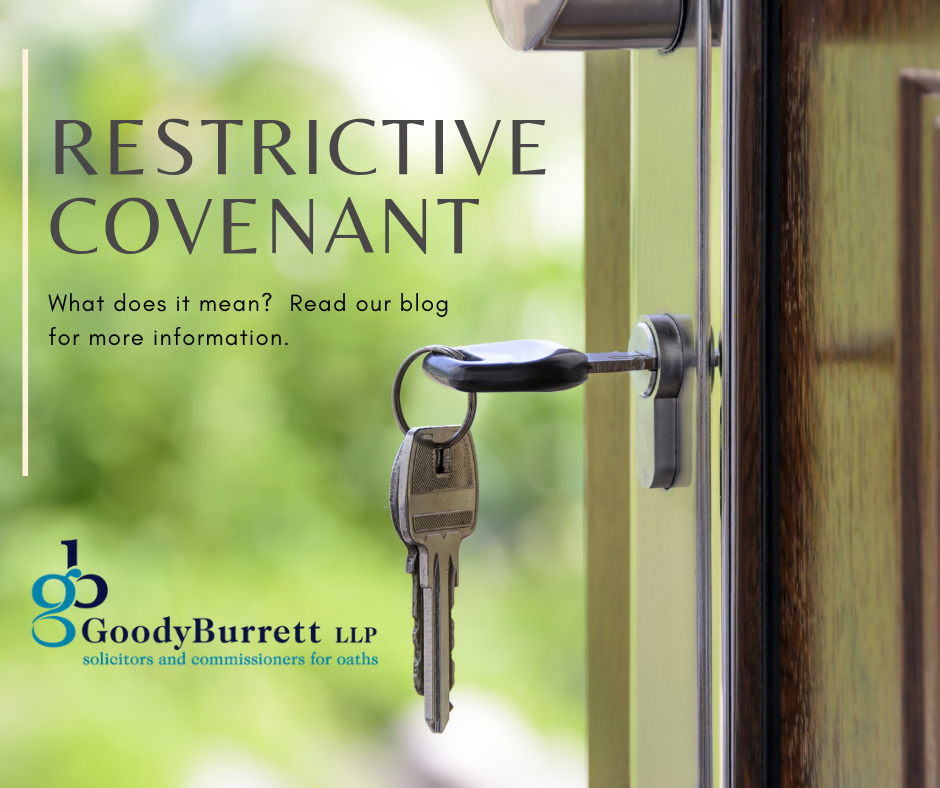
Is the private rental sector changing?
Is the private rental sector changing?
A proposed major overhaul in the private rental sector is potentially just around the corner. The knock-on effect of this is that it could potentially create open-ended tenancies.
Currently there is no need for the landlord to provide a reason for wishing to take possession., The landlord simply serves a Section 21 Notice of Possession, commonly known as a Section 21 ‘No fault’ Eviction notice. This is the notice a landlord must give to their tenant/s to begin the process of obtaining vacant possession of a property that they have let on an assured short-hold tenancy (AST).
Under the new proposed rules, private landlords will be unable to evict tenants from their homes at short notice without sufficient evidence and a good reason for doing so.
One in four families are currently renting their homes from private landlords, many have very short-term contracts and worry whether a Section 21 notice could come their way one day.
By ending Section 21 Evictions, many tenants will have their minds put at ease that they won’t be evicted without been given any reason why.
Landlords will have mixed feelings. The loss of this procedure would mean every eviction could be contested and with the current delays in the court timetables eviction could become an expensive long drawn out procedure. One advantage is that landlords regaining vacant possession of their properties will be able to recover rent arrears and damages from Tenants who have caused significant damage to their property.
We realise the importance of the private rental sector for both landlords and tenants alike:
The new proposed rules to end Section 21 evictions should receive a cautious welcome.
This will give tenants less worry and the confidence to firmly plant their roots in their home.
Landlords will still be able to remove undesirable tenants and in a much more efficient and timely manner.
HOW CAN WE HELP YOU?
As specialists in all types of tenancy disputes, we can explain the issues surrounding section 21 and the new proposed rules in plain English and whether you are a tenant or a landlord experiencing difficulties, we can give you all the help and advice you need.
For more information contact us
Telephone: 01206 577676 or email: [email protected]



